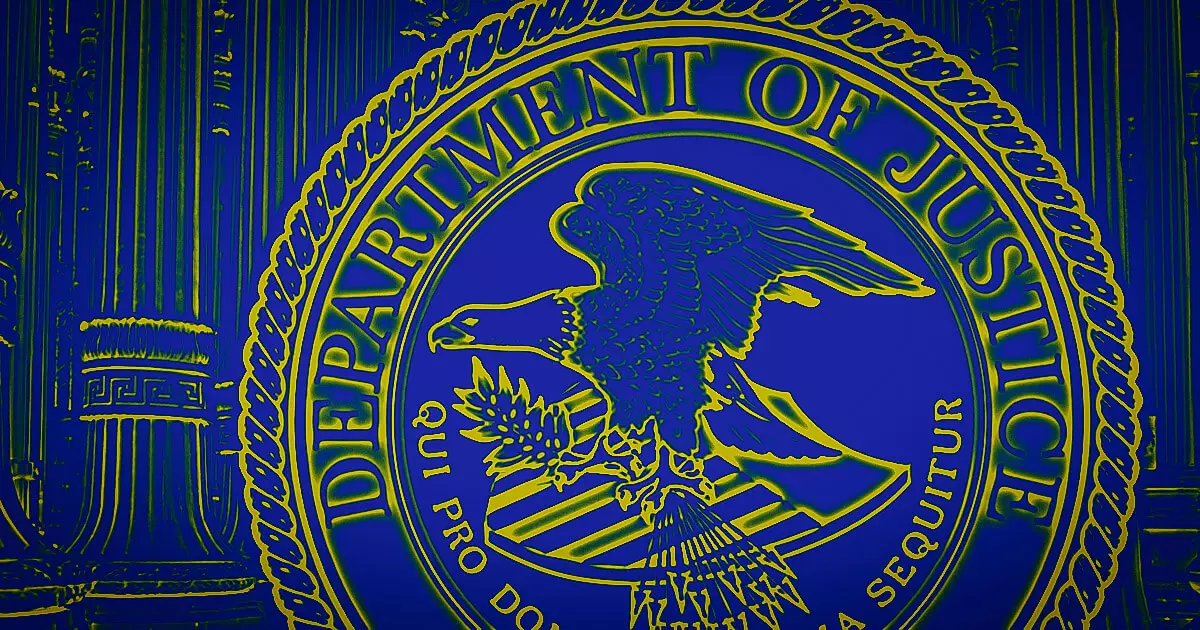The recent scrutiny faced by fintech giant Block, involving its main business units Square and Cash App, has brought to light serious compliance failures. Federal prosecutors from the Southern District of New York launched an investigation following allegations of significant lapses in the company’s transaction monitoring systems. These allegations have raised concerns about the company’s adherence to regulations and laws governing financial transactions.
According to sources familiar with the matter, a former employee provided internal documents to federal prosecutors, highlighting various violations by Square and Cash App. The documents allege that Square processed transactions with entities in nations under US sanctions, such as Cuba, Iran, Russia, and Venezuela. Additionally, Block facilitated multiple crypto transactions for groups linked to terrorism. These activities went unreported to government agencies as mandated by law, raising serious questions about the company’s compliance practices.
The former employee also claimed that Square and Cash App failed to collect and assess customer information adequately, hindering proper risk assessment. The firm allegedly failed to rectify its procedures even after becoming aware of the breaches, indicating a lack of commitment to compliance. Moreover, Square failed to conduct customer due diligence on international merchant sellers and wrongfully reimbursed funds frozen for sanctions violations, further demonstrating compliance failures within the company.
An outside consultant identified nearly 50 deficiencies in Block’s internal systems used for monitoring suspicious activity, rating customer risk, and screening sanctions violations. These deficiencies point to systemic issues within the company’s compliance framework, suggesting a need for comprehensive reforms. The fact that senior management and the board of directors were aware of these compliance failures raises concerns about the company’s compliance culture and governance practices.
In response to the allegations, Block stated that it has a “responsible and extensive compliance program” and addresses “emerging threats” and regulatory issues continually. The company also highlighted its decision to hire an outside consultant as a demonstration of its commitment to compliance. However, the revelation that Block failed to report “thousands” of questionable transactions raises doubts about the effectiveness of its compliance program. The company’s voluntary reporting of some transactions to the Office of Foreign Assets Control (OFAC) and the subsequent no-action letter issued by the regulator do not absolve it of all responsibility.
The revelations of compliance failures have led to significant internal upheaval within Block, with unexpected board member departures raising concerns about the company’s governance and compliance culture. Federal regulators and law enforcement are closely monitoring the situation, and further investigations could lead to substantial penalties and reforms within the company’s operations. The need for enhanced compliance measures and a stronger commitment to regulatory requirements is evident in light of these developments.
The compliance failures of fintech giant Block have cast a shadow over its operations and raised serious questions about its commitment to regulatory compliance. The allegations of violations involving sanctioned countries and terrorist financing point to systemic issues within the company’s compliance framework. As federal prosecutors continue their investigation and regulators closely monitor the situation, Block must take decisive actions to address these compliance failures and instill a culture of accountability and adherence to regulatory requirements. Only through comprehensive reforms and a renewed focus on compliance can Block regain the trust of consumers and regulators alike.
















Leave a Reply